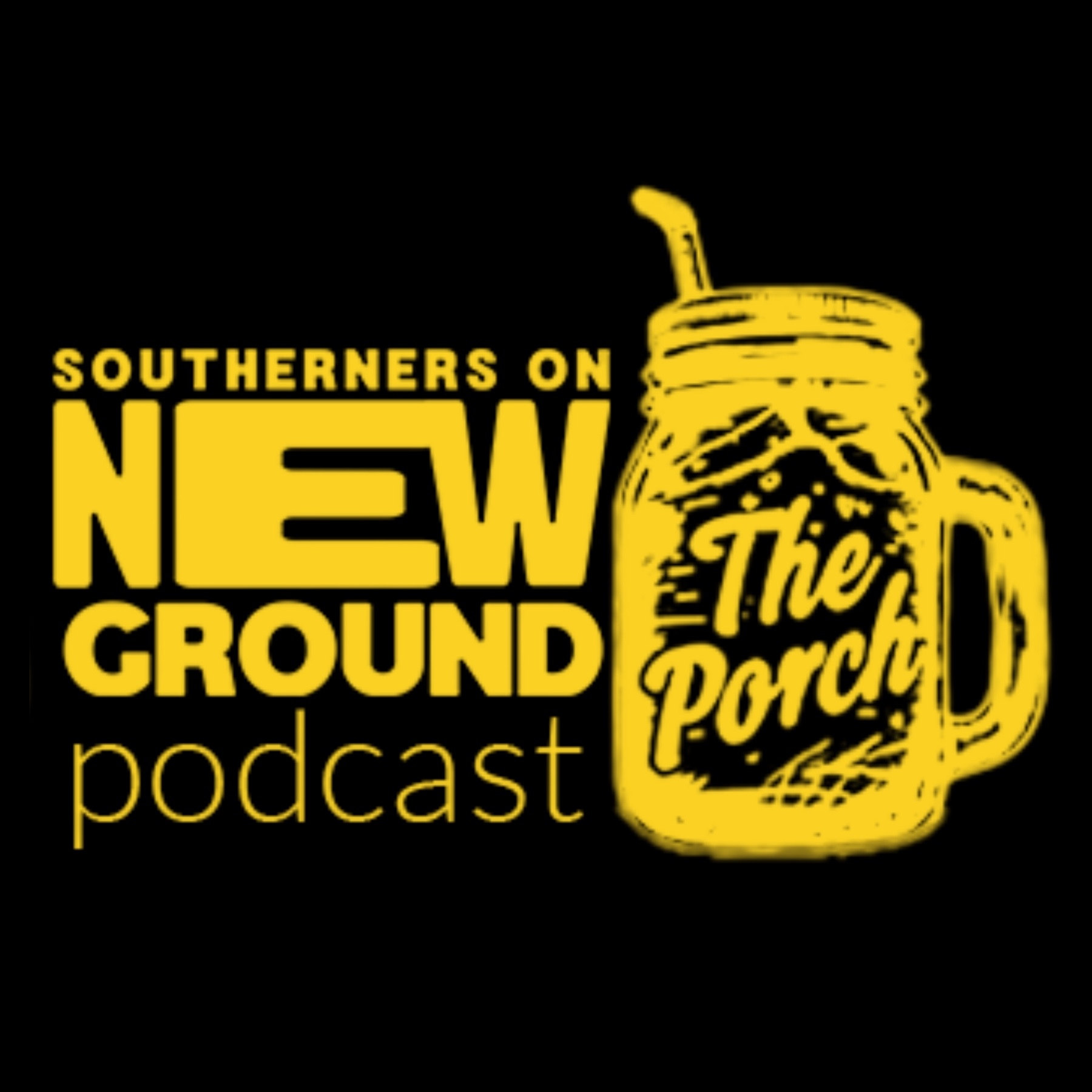The Porch

The Porch
Podcast Description
Southerners on New Ground presents The Porch, SONG’s new podcast that explores the many facets of Queer Southern Organizing for Liberation in our Lifetime.
We want to fill your glasses with refreshing and radical storytelling, movement insights, and strategies from key figures on the frontlines of Queer and Trans resistance. Come sit and stay a while as we build new worlds where we can all thrive—free from fear.
Podcast Insights
Content Themes
The podcast focuses on topics such as queer rights, anti-authoritarian resistance, and community organizing, presenting episodes that include interviews with key figures in the LGBTQ movement, like Miss Major and Shelby Chestnut, who discuss the intersections of legal challenges and grassroots activism.

Southerners on New Ground presents The Porch, SONG’s new podcast that explores the many facets of Queer Southern Organizing for Liberation in our Lifetime.
We want to fill your glasses with refreshing and radical storytelling, movement insights, and strategies from key figures on the frontlines of Queer and Trans resistance. Come sit and stay a while as we build new worlds where we can all thrive—free from fear.
In this episode of the Porch, Co-Directors Jade Brooks and Carlin Rushing tell the story of how they found Southerners on New Ground (SONG) and their early impressions. Both open the conversation answering a familiar question in SONG circles: “Who are your people and who are you accountable to?” Sharing their outlook on the current moment in the United States and the importance of Southern organizing, Carlin and Jade talk about SONG’s work to convene our folks, engage with our neighbors for disaster planning, and embody the best of this 32-year-old legacy organization. Get the low down on the Won’t You Be My Gaybor campaign, The CookOut, and this year’s Queer South Revival.
__________________________________________________________
Bios
Jade Brooks
Co-Director
Jade Brooks joined SONG in 2009, when she first moved to the South. Originally from the Pacific Northwest, Jade is a white gay person and comes from a lineage of Jews, Quakers, single moms, hippie types, and deep dykes. Over the past 15 years, she has helped to build out SONG’s campaign organizing muscle. She also led the creation of SONG Power (our sister electoral organizing shop). She is passionate about community organizing that builds people’s power. Jade also has experience drawn from organizing in the Palestinian Liberation Movement as an anti-Zionist, diasporic Jew & within movements to build progressive electoral infrastructure. She lives in Durham, North Carolina, with her son & her pup.
Carlin Rushing
Co-Director
Carlin Rushing joined SONG as a member in 2013 and first joined the staff as Regional Membership Lead in 2018. At her core, Carlin values family and faith and believes that liberation in our lifetime is possible. Unapologetically Black and Southern, Carlin is a lover of the Black women’s literary tradition, all things percussion and rural North Carolina sunsets.
Study/Reflection Questions
1. What new practical skill do you want to learn?
2. Are you in your dignity?
3. How is your full-throated love practice going?
4. How is your listening going, and to whom…to folk you don’t know or others?
Recources
The Sound of the Genuine (Baccalaureate ceremony) (Spelman College),
1980 May 4 · The Howard Thurman Digital Archive
https://thurman.pitts.emory.edu/items/show/838
Southerners on New Ground, Strategic Almanac
https://southernersonnewground.org/our-work/strategic-almanac/
The Street
by Ann Petry
https://archive.org/details/street00annp
The Color Purple
by Alice Walker
https://archive.org/stream/the-color-purple-alice-walker/the-color-purple-alice-walker_djvu.txt
Beloved
by Toni Morrison
https://archive.org/details/beloved0000morr/page/8/mode/2up
The Full Imago Dialogue Process
https://higherthoughtinstitute.com/wp-content/uploads/2021/04/Full-Dialogue-Process-3-2-2038-1.pdf

Disclaimer
This podcast’s information is provided for general reference and was obtained from publicly accessible sources. The Podcast Collaborative neither produces nor verifies the content, accuracy, or suitability of this podcast. Views and opinions belong solely to the podcast creators and guests.
For a complete disclaimer, please see our Full Disclaimer on the archive page. The Podcast Collaborative bears no responsibility for the podcast’s themes, language, or overall content. Listener discretion is advised. Read our Terms of Use and Privacy Policy for more details.